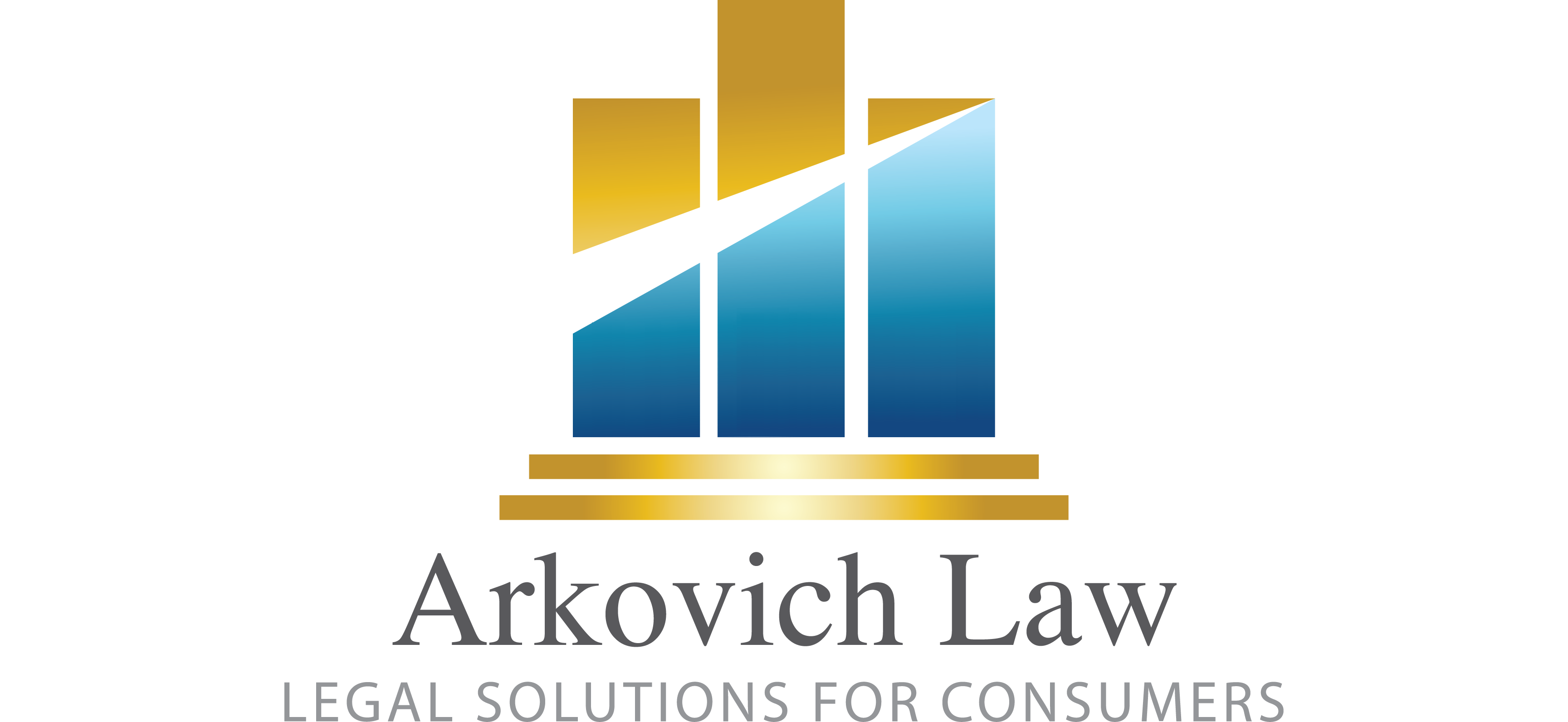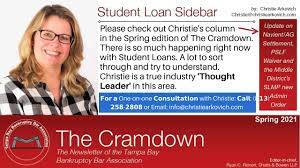 We received this inquiry today from a fellow bankruptcy attorney:
We received this inquiry today from a fellow bankruptcy attorney:
I have a client who had a Chapter 13, which due to it being a 100% plan, ended off paying off the Proof of Claim Amount at 100% in the bankruptcy.
Years later, (Insert Private Student Loan Company Here) is coming back after her arguing that during the bankruptcy, interest continued to accrue, and now she owes $3,700 in interest. In the Chapter 13 Trustee’s Final Account they paid the POC principal PLUS interest.
 Reboot Your Life: Tampa Student Loan and Bankruptcy Attorney Blog
Reboot Your Life: Tampa Student Loan and Bankruptcy Attorney Blog




